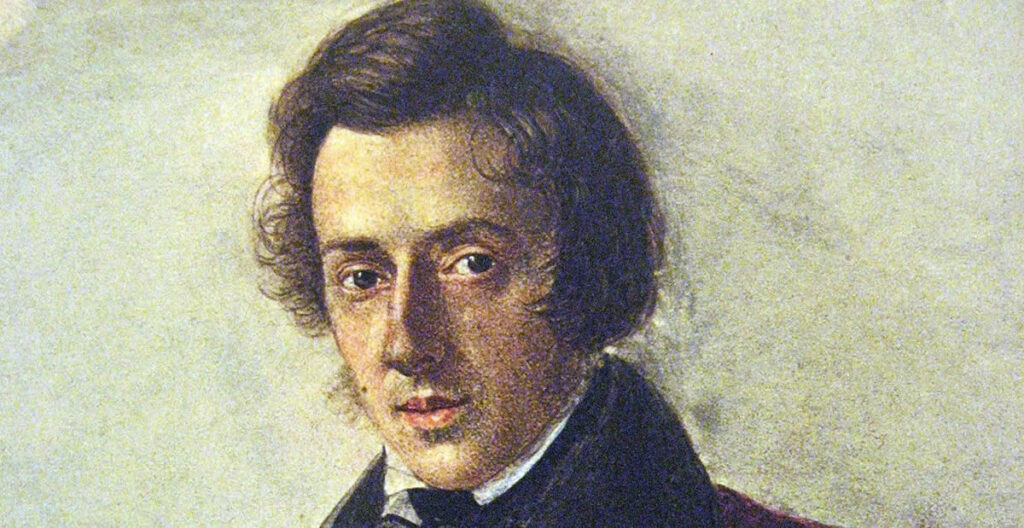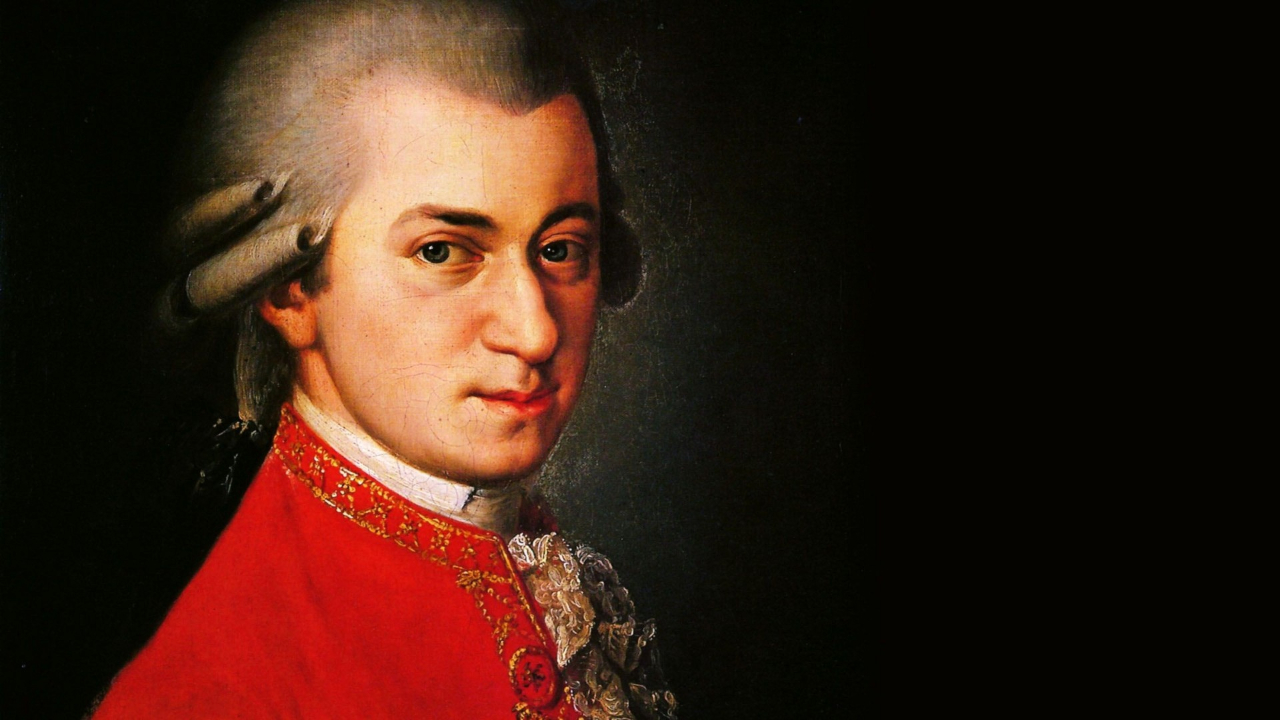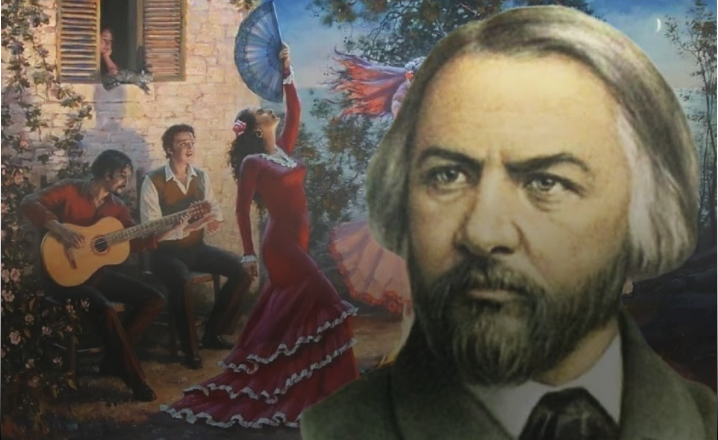Ludwig van Beethoven, a towering figure in the world of classical music, revolutionized the art form with his unique compositions and indomitable spirit. Despite facing numerous personal challenges, including deafness, Beethoven's music continues to captivate audiences worldwide. In this blog, we delve into the life and legacy of this musical genius, presenting ten fascinating facts that shed light on the man behind the music. Ludwig van Beethoven's life and music stand as a testament to the power of human resilience and artistic innovation. Despite facing personal adversity, his compositions revolutionized classical music and continue to captivate audiences to this day. From his groundbreaking symphonies to his eccentricities and idiosyncrasies, Beethoven's story is one of triumph, inspiring generations to pursue their passions and redefine artistic boundaries.
Frédéric Chopin, born in 1810, was a Polish composer and pianist who left an indelible mark on the world of classical music. His profound compositions, exquisite melodies, and virtuosic piano skills continue to captivate audiences worldwide. In this blog post, we delve into the life and legacy of Frédéric Chopin, highlighting 10 fascinating facts that showcase his extraordinary talent and enduring influence. Frédéric Chopin's life and music are a testament to the power of artistic expression. His remarkable talent, innovative compositions, and enduring legacy make him one of the most revered figures in classical music history. As we listen to his works, we are transported to a world of beauty, passion, and emotional intensity—a world crafted by the genius of Frédéric Chopin.
Wolfgang Amadeus Mozart, one of the most influential and celebrated composers in history, left an indelible mark on the world of classical music. His prodigious talent and unparalleled musical genius continue to captivate audiences to this day. Beyond his renowned compositions, Mozart's life was filled with intriguing stories and interesting quirks. In this blog post, we delve into ten fun facts about the legendary composer, shedding light on lesser-known aspects of his life and work.
In the realm of classical music, certain names shine brighter than others, leaving an indelible mark on the art form's history. Mikhail Glinka, a Russian composer of the Romantic era, is one such luminary. Often referred to as the "Father of Russian Classical Music," Glinka's groundbreaking compositions laid the foundation for the country's rich musical heritage. Join us on a journey through the life and works of this remarkable composer. Born on June 1, 1804, in Novospasskoye, Russia, Mikhail Ivanovich Glinka hailed from a noble family. As a young boy, he displayed a deep fascination with music, captivated by the folk songs he heard in the villages surrounding his home. This exposure to Russian folk melodies would profoundly influence his compositions, setting him apart from his European contemporaries.



